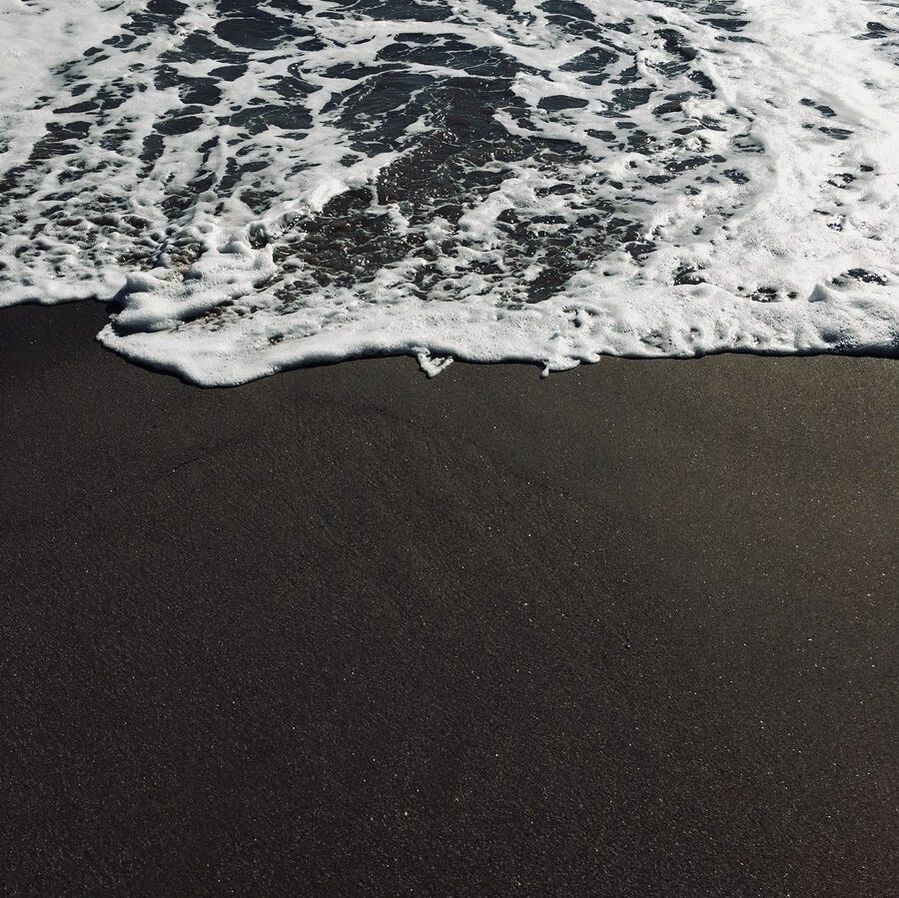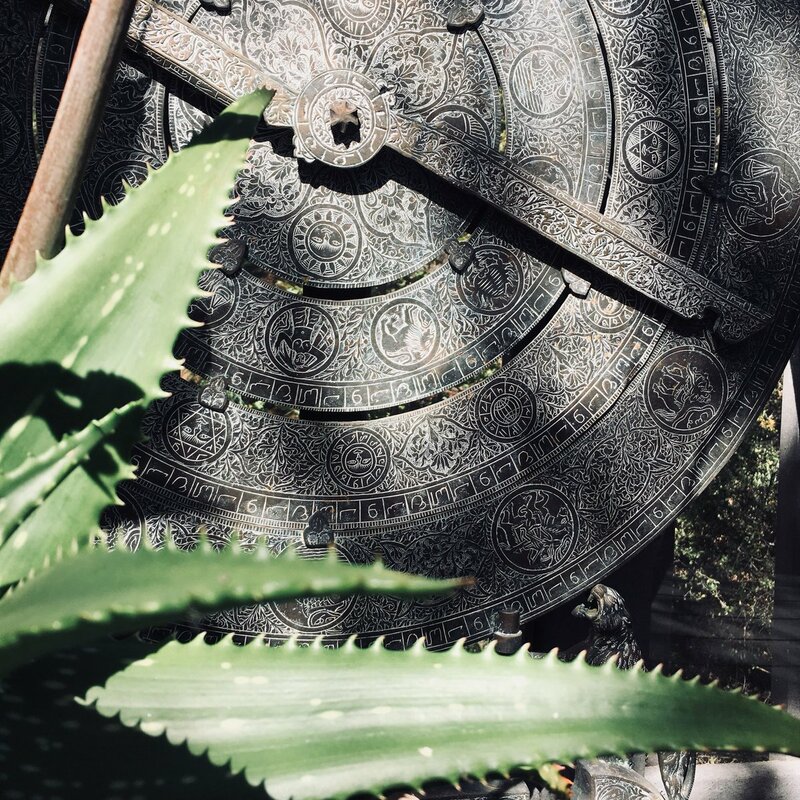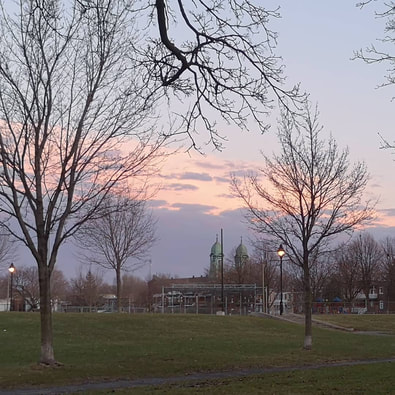That feeling during the fourth movement of a symphony where the whole orchestra plays, and the sound swells and flows and finally, finally, something out there sounds exactly like how you feel inside, and everything is culminating, and you know, you just know you’re one with the Universe. That feeling. That’s why I love classical music. How it goes through your chest and fills up your lungs and shines out of you like sunbeams. And so much more. I’ll address a few criticisms on classical music and why I think it’s an element of interest anyway. First: Classical music is the kingdom of cis white men. That’s true. I cannot argue that classical music isn’t extremely white-washed, as are pretty much all primarily Western things from that time. Although there is some debate around Beethoven’s ethnicity, the fact remains that, in most people’s minds, he lives on as a white man. Samuel Coleridge-Taylor was, however, without a doubt, biracial. That being said, I do encourage you to smash the gender binary and never assume that anyone is anything. That’s a discussion for another day, though. When I stream classical music, I make an effort to stream from a variety of contemporary musicians. I encourage you do the same. But yes. Absolutely. Classical music comes with a history of oppression. So do medicine, literature and sports. I think this history is important to acknowledge and change. Let’s do it together. Second: Classical music is elitist. I’m so sorry that you were confronted with people who made you think you were too uneducated to enjoy classical music. I’m sorry you were shushed when you clapped after the first movement of the symphony. I’m sorry your music teacher made you feel bad about yourself. Those things genuinely make me sad because you deserved better than that. No one deserves to be shushed for clapping once the orchestra stops playing. No kid deserves to feel bad at school. As I’ve just written, classical music comes with a history of oppression. We don’t need to keep that going. We have the power to change that. I’ll try my best. Third: Classical music is stuffy. Not to pull a Sebastian-from-La-La-Land, but classical music has caused riots. That’s hardcore. Have you seen Amadeus (1984)? That’s hardcore. Chopin had an affair with an author who went by George Sand. That’s hardcore (though George Sand herself was so much more hardcore than Chopin). Tchaikovsky dealt with widespread and internalized homophobia for decades. That’s hardcore. Have you heard Beethoven’s Fifth Symphony and imagined it being played in 1808? That’s hardcore. Vivaldi died in poverty in 1741 and “[m]any of his compositions were written for the all-female music ensemble of […] a home for abandoned children.” (Wikipedia) That’s hardcore. Classical music is so hardcore! Fourth: Classical music is too old to still be relevant. Amazing new songs are being written every day. Yes. I agree. It’s important to support artists who are alive. Yes. I agree. I definitely agree. Aside from the many, many classical musicians still alive today, I think classical music as an art form is still relevant as a creator of discussion. It’s a reason to think more, talk more, listen more, share more. It’s a reason to ask one another questions. Did you like this? Why or why not? What were you thinking about while you were listening? What did this remind you of? What do you think this piece meant when it premiered, hundreds of years ago? Do you think people hummed the main theme in the streets? Do you think strangers stopped them and said: “Oh, you heard the latest Beethoven too! Wasn’t it amazing?” Kids learning to play classical? That’s even more important, I think. Playing music in ensembles taught me to listen. It taught me to wait. It taught me the value of hard work. It taught me tolerance. It taught me solidarity. It taught me trust. It taught me the extraordinary hugeness of what we can do when we work together. How are kids supposed to learn those lessons from playing music together when adults don’t value the type of music they play? Finally, please forgive the hyperbolic comparison, but are mountains too old to still be relevant? Stonehenge, the Moai on Easter Island, the Sphinx of Giza – are they too old to still be relevant? Those monuments of nature and humanity are still relevant because they’re beautiful. Because they’re puzzling. Because we look at them and we’re breathless with the immensity of what we humans can achieve when we put our minds to it as a group. When someone has a wild idea and we listen instead of fearing and chastising. I want to be one who listens.
0 Comments
Leave a Reply. |
the cluba small collective dedicated to personal, creative, and communal growths. Archives
January 2021
Categories
All
|



